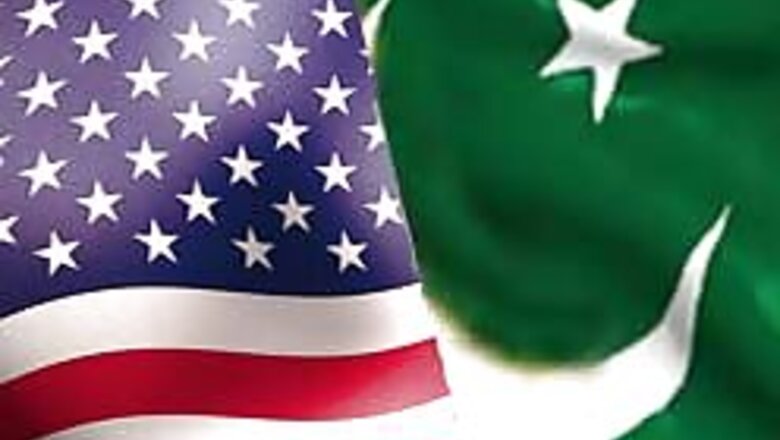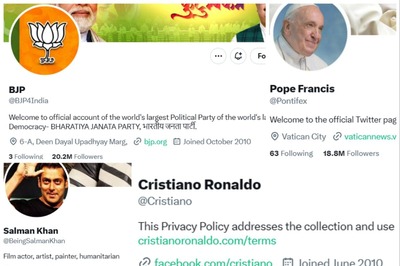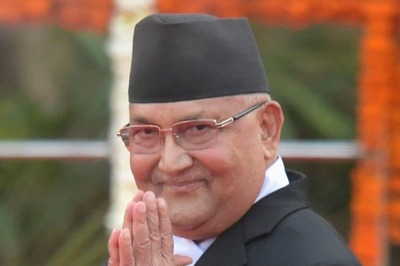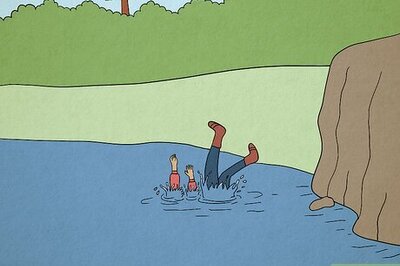
views
Washington: Pakistan wants to put the "sordid chapter" of proliferation by nuclear scientist A Q Khan behind it and build civilian nuclear ties with the US, a senior military official said on Monday.
He added, however, that for "reasons of national sensitivity," the father of Pakistan's nuclear bomb could not be made available for direct questioning over his sale of nuclear parts and secrets to states including Iran, Libya and North Korea.
"We look forward to life beyond that episode," said the Pakistani official in a briefing on Pakistan's nuclear safeguards.
Khan admitted in 2004 to operating a worldwide network that proliferated nuclear technology.
He was placed under house arrest in Islamabad and avoided more severe punishment.
The Pakistan Government has refused to allow US investigators to have direct access to the disgraced scientist and says it has shared all information about Khan's network.
The US says it would like answers to a number of other questions.
Khan, who has recently been treated for prostate cancer, was still asked by Pakistani experts questions put forth from International Atomic Energy Agency, the European Union and countries including Japan and South Korea, the official said.
"Whatever Mr Khan says, we don't add anything and we don't subtract anything" when relaying his replies to the questioners, the official said, adding that Khan sometimes refused to talk.
Islamabad wants access to nuclear technology similar to what the US has offered India under a landmark 2005 US civilian nuclear deal being debated by the US Congress, the official said.
The US offer of civilian nuclear technology to India should "not be country specific, but should provide a level playing field for Pakistan as well," said the official, who said Islamabad had ambitious nuclear power plans to fuel economic growth for its nation of 150 million people.
The official used a power-point presentation to outline institutional and policy safeguards on nuclear technology that Pakistan has imposed since its 1998 nuclear bomb test and since the unraveling of the Khan network.
Despite an image as a hotbed of Islamic fundamentalism, the official said most Pakistanis were moderate and "not closet revolutionaries." There was no danger of radical Islamists taking over Pakistan through violence or elections, he said.



















Comments
0 comment